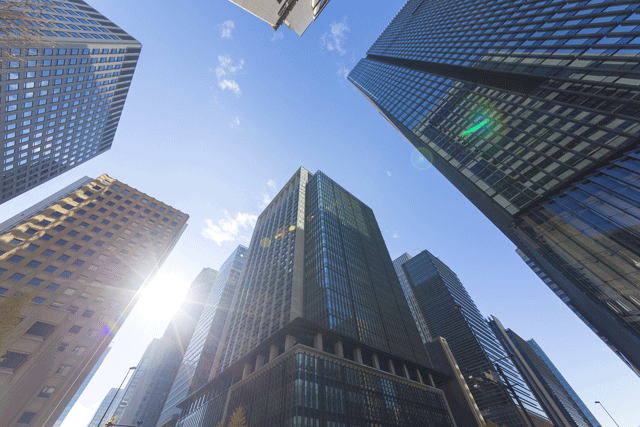The wealthy may be benefitting from Tokyo’s housing prices, but average Tokyoites might feel as if it’s coming at their expense.
Fresh information from the Real Estate Economic Institute Co. details how Tokyo properties have become increasingly unaffordable for middle class residents. According to the latest data, the average sale price for a Tokyo apartment shot up 9.1 percent to a 24-year high of of ¥55.2 million ($466,000) last year.
“With the rise in new apartment prices, they are now beyond the reach of many regular buyers,” a senior research fellow at Fujitsu Research Institute named Hidetaka Yoneyama told Bloomberg. “It is getting more and more difficult to hike prices as those who purchased on the back of the positive asset effect are now declining too as share prices soften.”
Those prices stem from adversely, unprecedently low borrowing costs. Unfortunately this may not only hinder middle wage buyers, but also dampen the economy, as new purchases sank to 65 percent in December.
Yoneyama tells the Japan Times that such a precarious status quo is not likely to last, explaining: “It is getting more and more difficult to hike prices as those who purchased on the back of the positive asset effect are now declining, too, as share prices soften.”
Meanwhile, Yasunari Ueno, chief market economist at Mizuho Securities Co. in Tokyo, also told Bloomberg that banks have lent so much against homes as collateral that they are now highly vulnerable to decreases in residential property values.
But for now, the Japanese elite are reaping the rewards of the market’s state, because the prices of property and stocks continue to divert cash their way. That’s leaving little room, both figuratively and literally, for average Japanese citizens, according to Japan Macro Advisors’ chief economist, Takuji Okubo, but he concedes that “basically, that is Abenomics,” but adds that these financial changes have “affected the richer half of Japanese more positively than the lower half.”
–Kyle Mullin
Image: shigemi okano/Shutterstock









